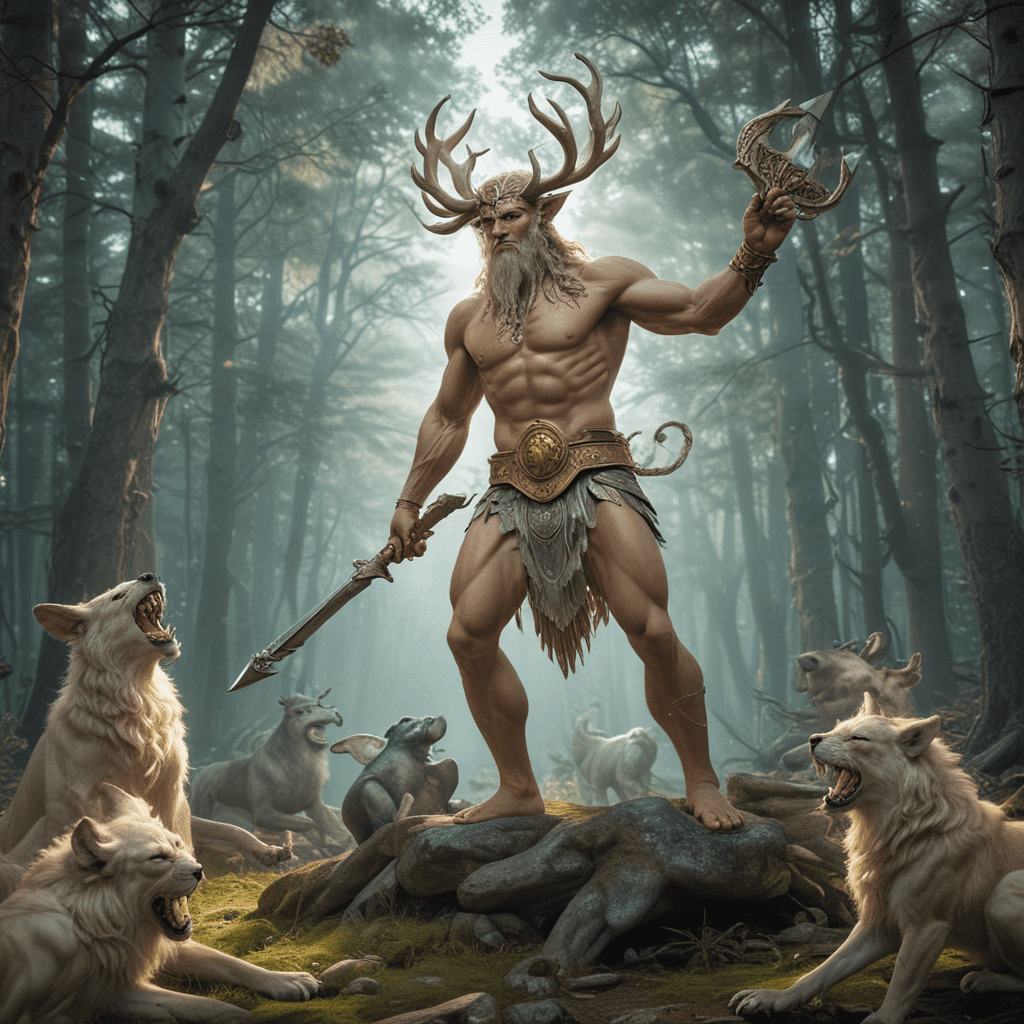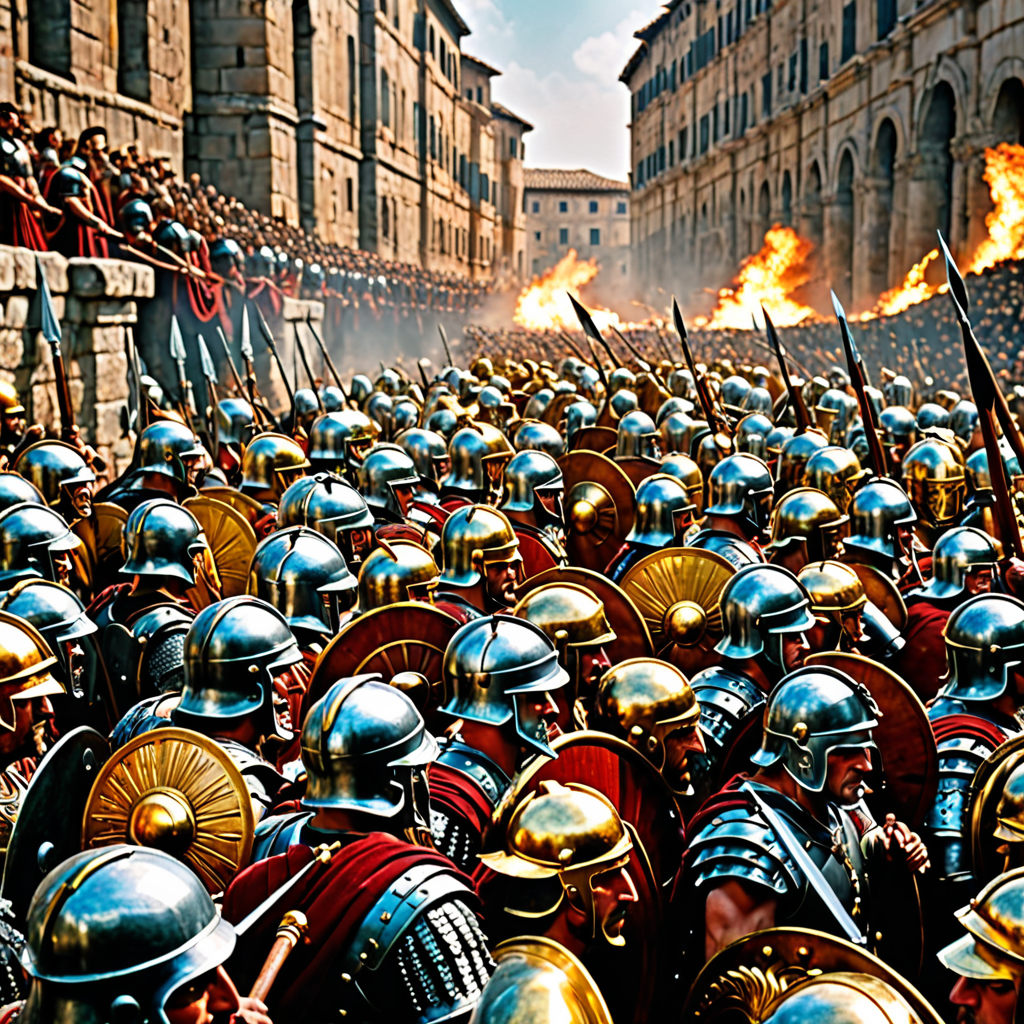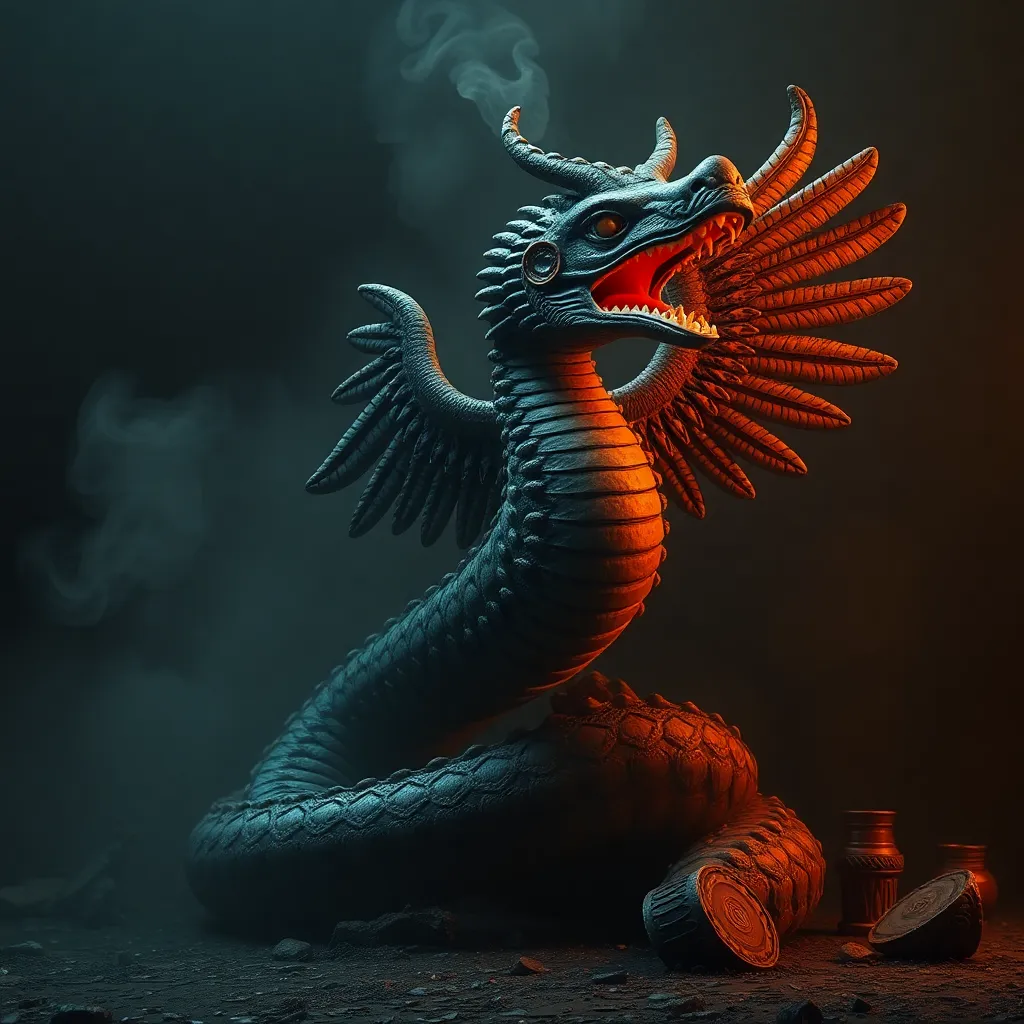1. Introduction to Finnish Mythology
Finnish mythology, an enthralling tapestry of beliefs and tales, has captivated the imaginations of generations. Rooted in ancient oral traditions passed down through centuries, it embodies the profound bond between the Finnish people and their natural surroundings. From enchanting tales of legendary heroes and enigmatic creatures to intricate cosmologies that intertwine the mundane with the extraordinary, Finnish mythology offers a glimpse into the psyche of a nation shaped by boundless forests, serene lakes, and mystic winds.
2. Epic of Kalevala: A Foundational Text
At the heart of Finnish mythology lies the Kalevala, an epic poem of unparalleled significance. Compiled by the distinguished folklorist Elias Lönnrot in the 19th century, the Kalevala masterfully interweaves fragments of oral tradition, ballads, and incantations. This majestic work immortalizes the heroic adventures of Väinämöinen, the enigmatic shaman and sage, alongside a cast of captivating characters that populate the vast expanse of Finnish mythos. The Kalevala serves as a literary cornerstone, providing invaluable insights into the values, beliefs, and cultural identity of the Finnish people.
3. The Influence of Elias Lönnrot
Elias Lönnrot, a physician by profession and a passionate collector of folklore by avocation, played an instrumental role in preserving and revitalizing Finnish mythology. Recognized as the "Father of Finnish Literature," Lönnrot's unwavering dedication to collecting and compiling oral traditions resulted in the epic masterpiece, the Kalevala. His tireless efforts not only ensured the preservation of a rich cultural heritage but also ignited a newfound appreciation for Finnish mythology, inspiring subsequent generations of writers and artists.
4. Finnish National Romanticism and Mythology
During the 19th and 20th centuries, a surge of national romanticism swept across Finland, profoundly influenced by the allure of Finnish mythology. Writers, poets, and artists sought inspiration in the ancient tales, employing them to construct a unique national identity. The Kalevala emerged as a symbol of Finnish pride and resilience, reflecting the deep reverence for the nation's cultural heritage and the enduring spirit of the Finnish people.
5. The Kalevala as a Source of Inspiration
The Kalevala's profound impact extended far beyond its initial publication. Its captivating narratives and vibrant characters have served as an inexhaustible source of inspiration for countless Finnish writers, poets, and artists. From the melodious poetry of Eino Leino to the whimsical prose of Väinö Linna, the Kalevala's influence permeates Finnish literature, contributing significantly to the development of a distinctly national voice.
6. Modern Finnish Literature and Mythology
In contemporary Finnish literature, mythology maintains a vibrant presence, woven into the fabric of narratives and imbued with fresh perspectives. Writers like Paavo Haavikko and Pentti Holappa reimagine ancient myths, exploring their timeless relevance and resonance in modern society. Through their works, they delve into themes of identity, the human condition, and the enduring power of nature, drawing inspiration from the rich tapestry of Finnish mythology.
7. The Kalevala in Contemporary Poetry
The Kalevala continues to inspire Finnish poets, who find in its timeless tales a fertile ground for exploration. Poets like Aila Meriluoto and Eeva-Liisa Manner draw upon the epic's characters, landscapes, and themes to craft poignant and evocative verses. Their poetry celebrates the enduring legacy of Finnish mythology, while infusing it with contemporary sensibilities and personal insights.
8. Mythology in Fantasy and Science Fiction
Beyond traditional literary genres, Finnish mythology has also found fertile ground in the realms of fantasy and science fiction. Writers like Mika Waltari and Johanna Sinisalo fuse ancient myths with imaginative worlds, creating compelling narratives that resonate with readers on multiple levels. Their works explore the boundaries of mythology, pushing its limits while maintaining a deep connection to its roots.
9. Cultural Identity and Mythology in Finnish Literature
Finnish mythology plays a vital role in shaping the cultural identity of Finland. Writers like Laila Hirvisaari and Veijo Meri explore the ways in which myths and legends have influenced Finnish culture, language, and worldview. Their works celebrate the unique heritage of the Finnish people, while also examining the complexities of its relationship with mythology.
10. The Enduring Legacy of Finnish Mythology
The mythology of Finland continues to captivate and inspire, transcending generations and mediums. Its profound stories, enigmatic characters, and awe-inspiring cosmologies have left an enduring mark on Finnish culture and literature. From the epic Kalevala to the works of contemporary writers, Finnish mythology remains a vibrant and inexhaustible source of creativity and exploration.
FAQ
Q: What is the most important Finnish myth?
A: The Kalevala is considered the most important Finnish myth, an epic poem that embodies the cultural identity of the Finnish people.
Q: Who is the main character in the Kalevala?
A: Väinämöinen is the central character in the Kalevala, a legendary hero, shaman, and sage.
Q: What is the significance of the sauna in Finnish mythology?
A: The sauna holds a sacred place in Finnish mythology, believed to possess healing and purifying properties and associated with rituals and traditions.
Q: How has Finnish mythology influenced Finnish literature?
A: Finnish mythology has profoundly influenced Finnish literature, providing inspiration for writers, poets, and artists who have used its characters, narratives, and themes to explore Finnish culture, identity, and the human condition.
Q: What are some contemporary Finnish writers who use mythology in their work?
A: Some contemporary Finnish writers who draw inspiration from Finnish mythology include Paavo Haavikko, Pentti Holappa, Aila Meriluoto, and Johanna Sinisalo, among others.



